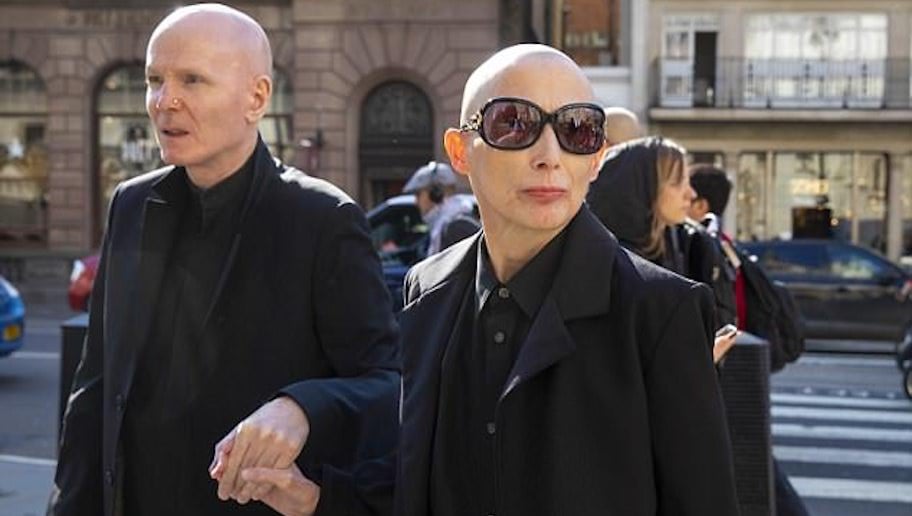LONDON (Thomson Reuters Foundation) — A British court on Tuesday ruled out adding a third option on passports for people who define themselves as neither male nor female following a lengthy legal battle, saying the existing policy was lawful.
The Court of Appeal ruled in favor of the Home Office, or interior ministry, in a case brought by Christie Elan-Cane, who identifies as “non-gendered,” and said current passport rules do not constitute a human rights breach.
Elan-Cane, who first started campaigning for genderless people in 1992 after shedding a female identity, argued that passports should have an “X” option for those who do not identify as either male or female.
The activist said Britain’s current policy, to only offer male or female categories, represented a breach of European Convention of Human Rights articles governing respect for private life and discrimination on the basis of gender or sex.
MORE: Activist Reported 10 Racist Threats at College — Police Say She Made Them Against Herself
“This decision is devastating to me,” Elan-Cane said in a statement after the ruling.
“Legitimate identity is a fundamental human right … it is unacceptable that someone who defines as neither male nor female is forced to declare an inappropriate gender in order to obtain a passport.”
The court case has come as more people define themselves as non-gendered – or non-binary – including British singer Sam Smith, who asked in September last year to be referred to by the pronouns “they” and “them.”
Globally more than 10 countries, including Bangladesh, Canada, Germany, India and Australia, currently offer gender marker options beyond male or female.
Christie Elan-Cane refuses to lose
Backed by law firm Clifford Chance, which took on the case pro bono in 2013, Elan-Cane was challenging a 2018 High Court ruling dismissing a potential judicial review into the case.
MORE: Teen Pop Star Makes ‘Empowering’ Statement Against Body Shaming — By Taking Off Clothes
Elan-Cane said the next step was to seek an appeal of the decision at Britain’s highest court, the Supreme Court.
In its ruling, however, the Court of Appeal said it recognized that Article 8 of the European Convention on Human Rights – which covers the right to privacy – does include non-gendered identities.
“It means, in practical terms, that the government must take into account the rights of such individuals when taking policy decisions, marking a milestone in civil rights litigation on gender identity and LGBTI+ rights,” said Anne Collins, an associate at Clifford Chance.
(Reporting by Hugo Greenhalgh; editing by Belinda Goldsmith of Thomson Reuters Foundation)
About Post Author
You may also like
-
The Pros and Cons of Stone Fireplaces
-
Gennady Podolsky: The Global Travel Concierge Elevating Luxury Experiences Worldwide
-
Going Through Divorce? 3 Things to Know About Child Visitation Rights
-
Do I Still Have to Pay Child Support If I Lose My Job?
-
Increasing Your Chances: How a Lawyer Helps You Win Social Security Disability Benefits
